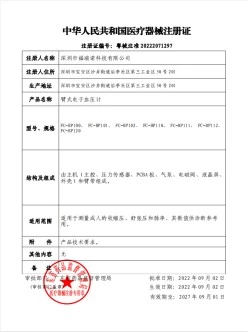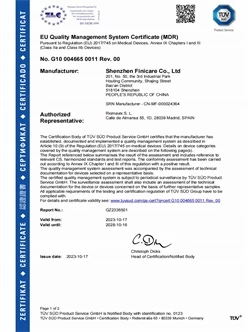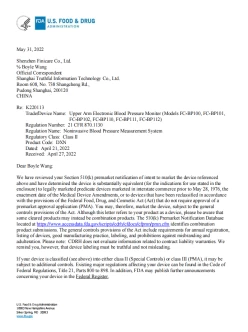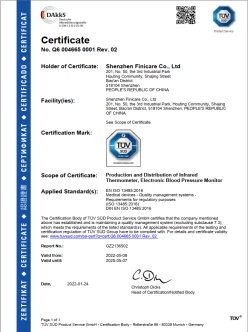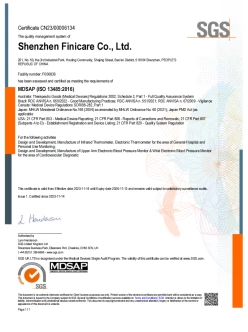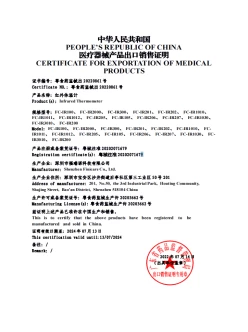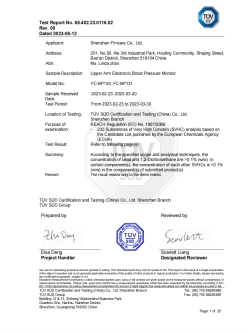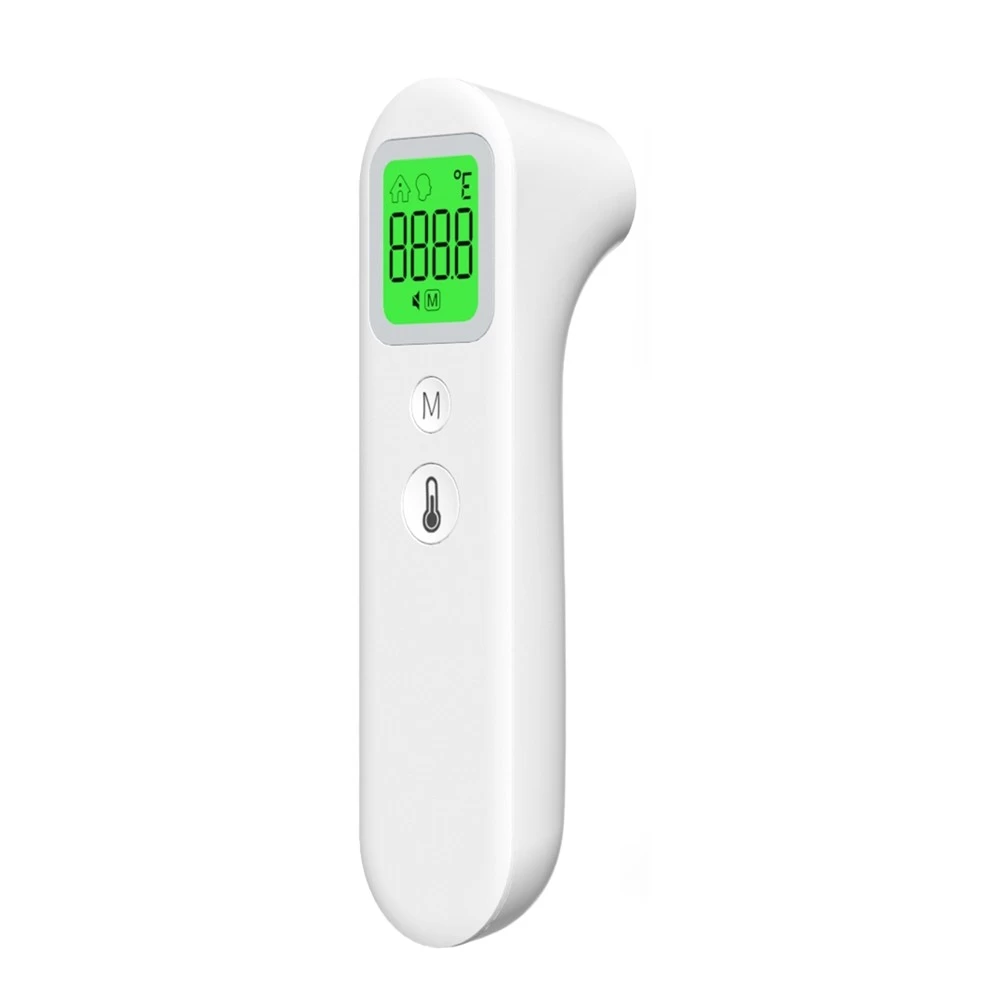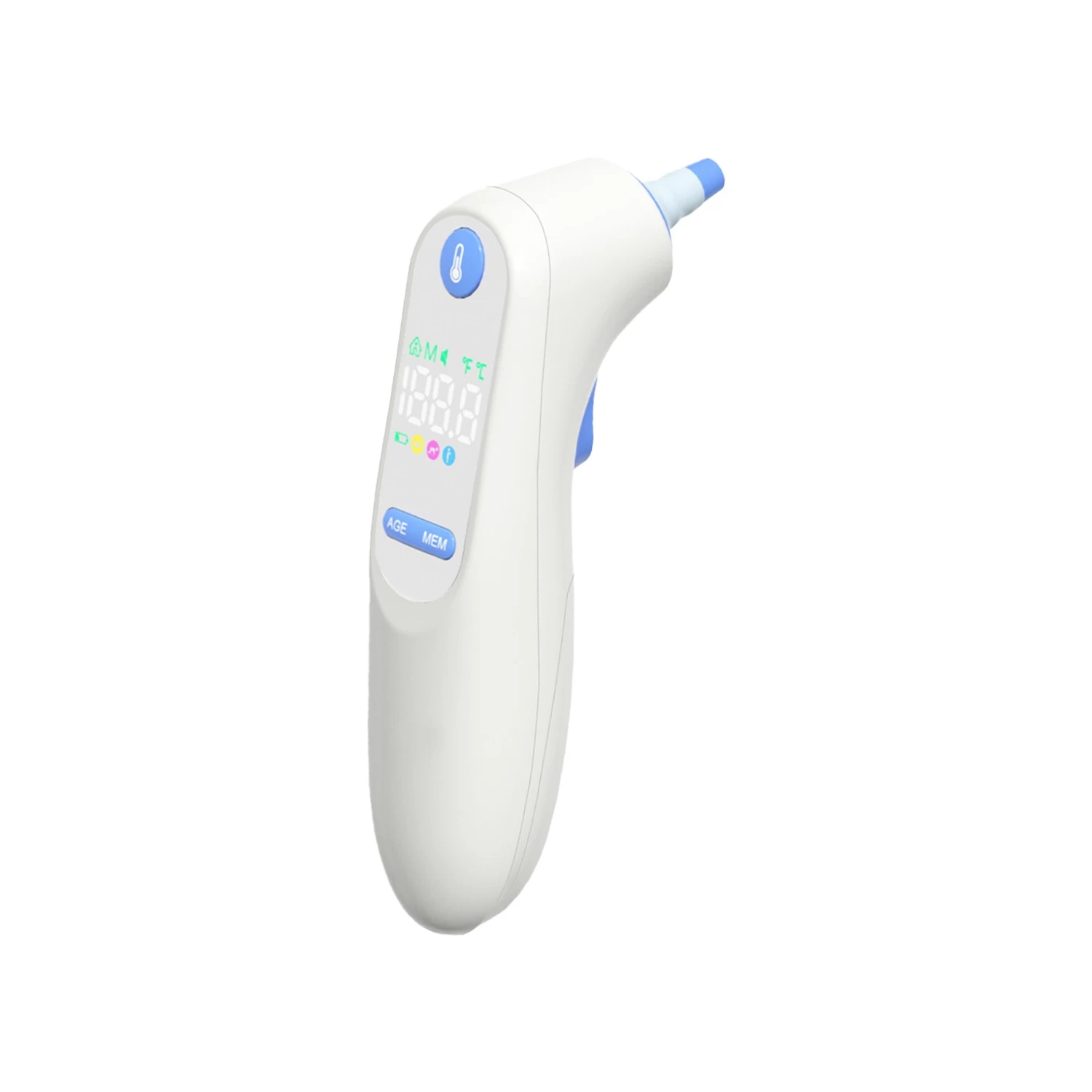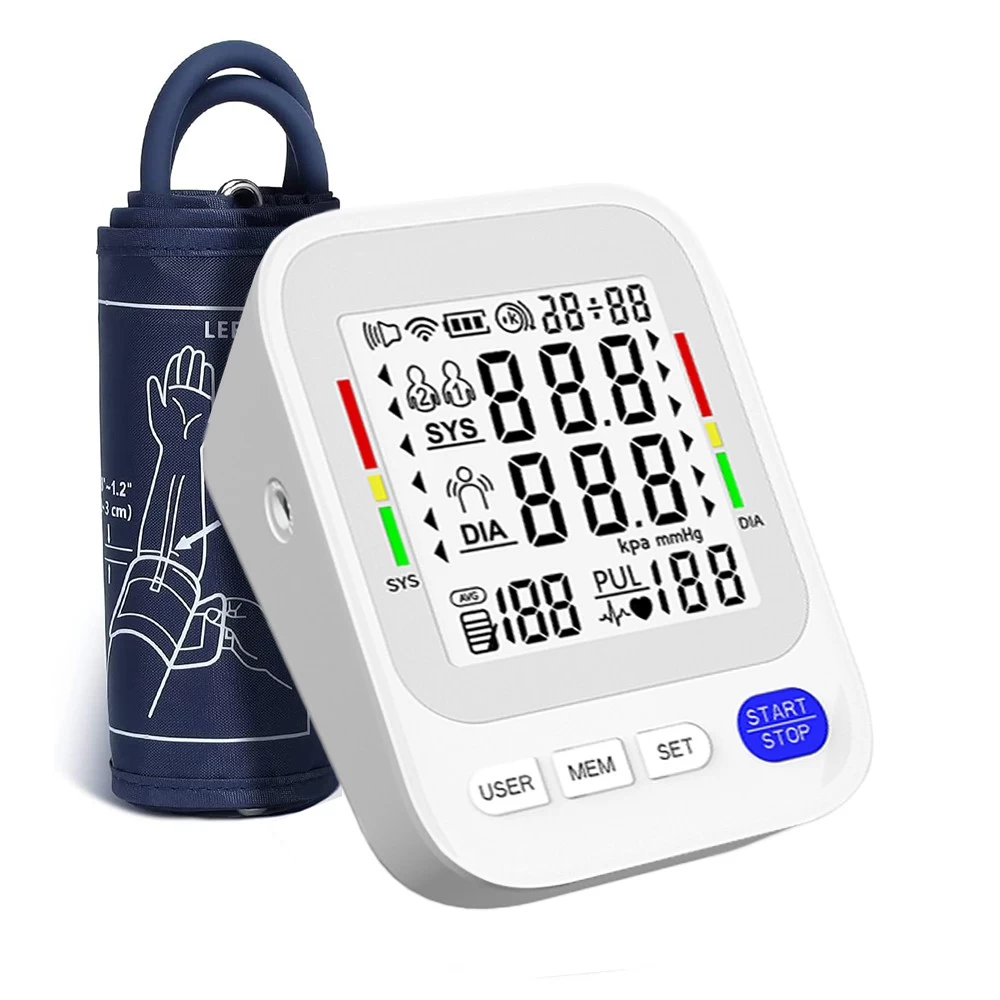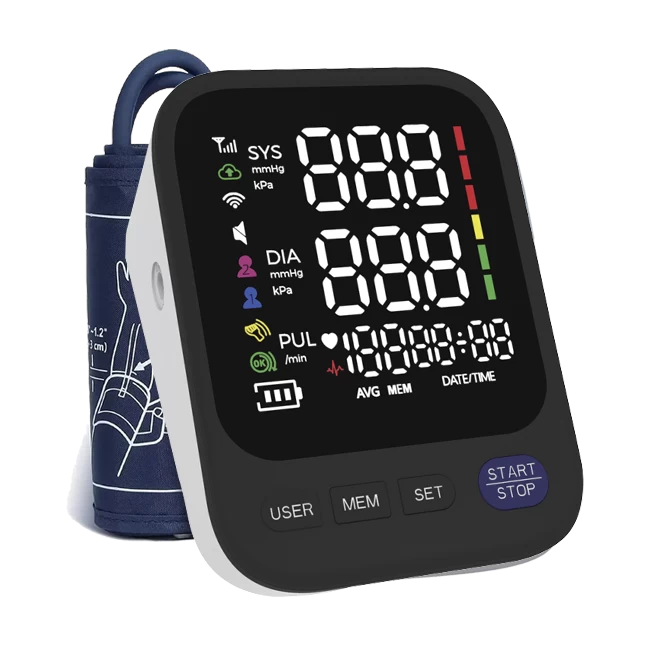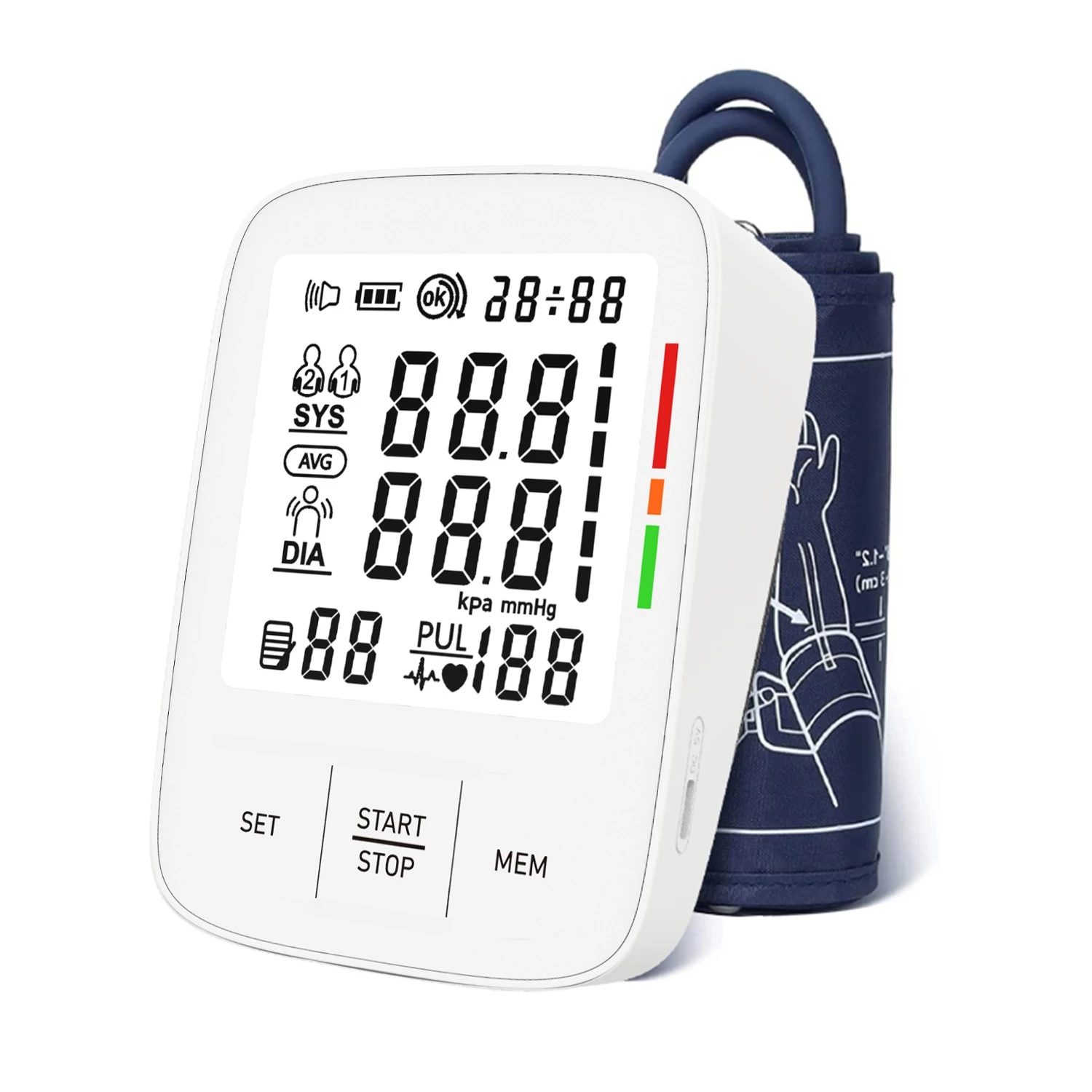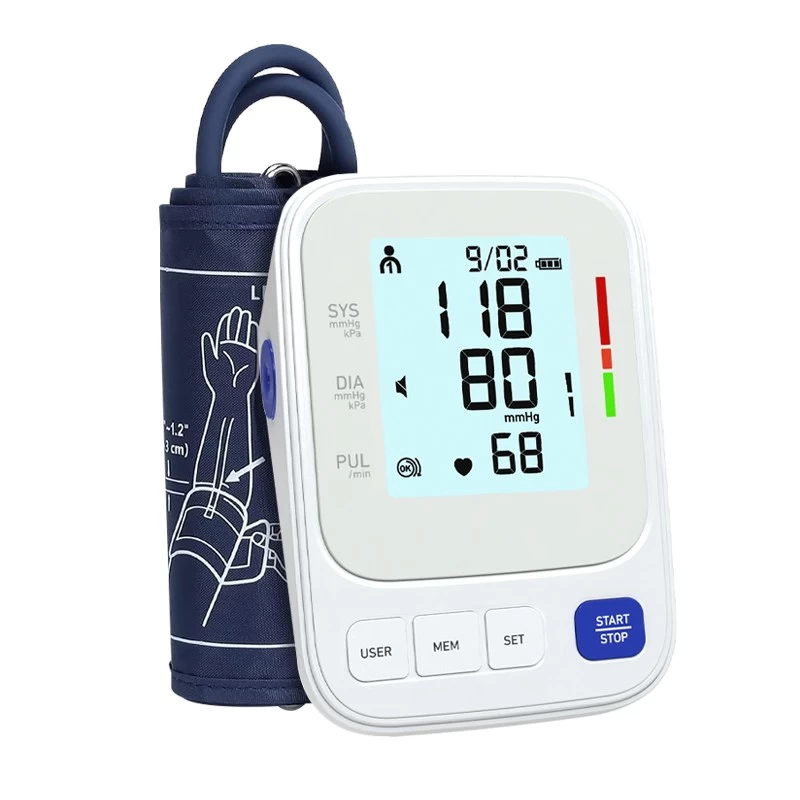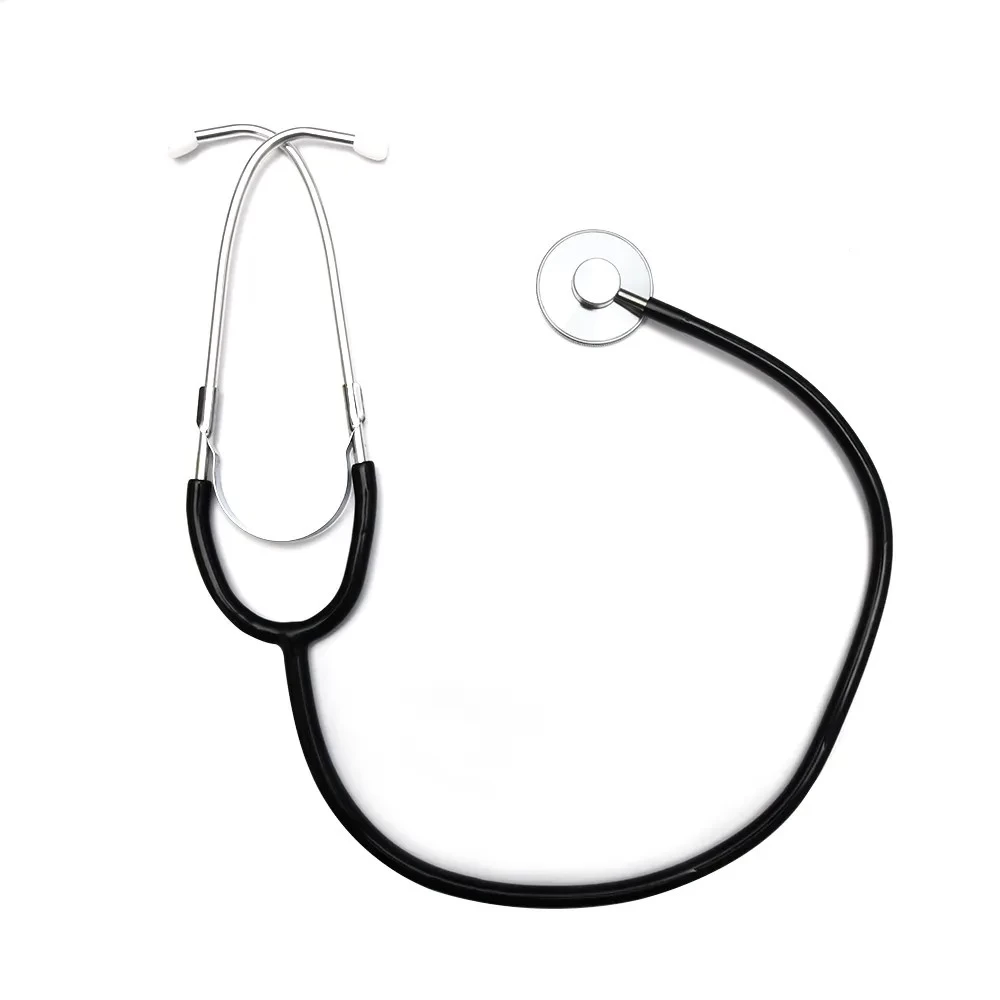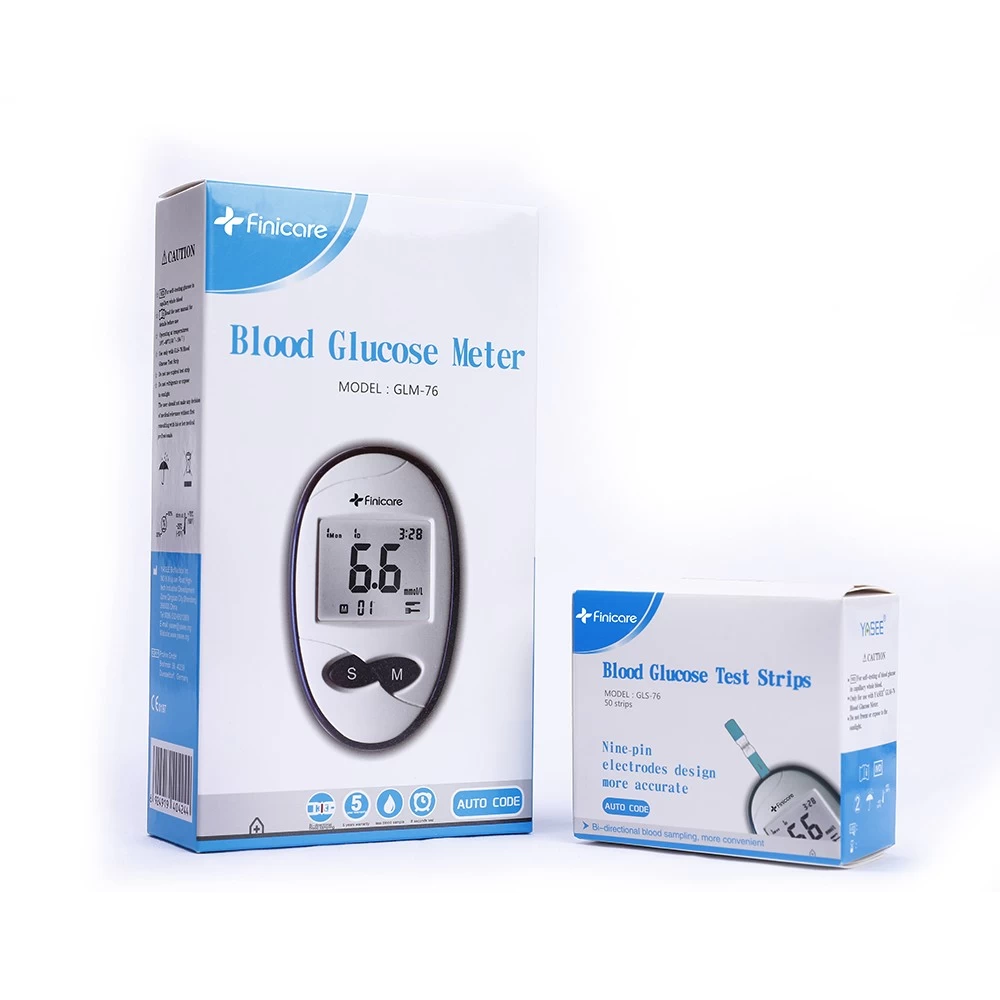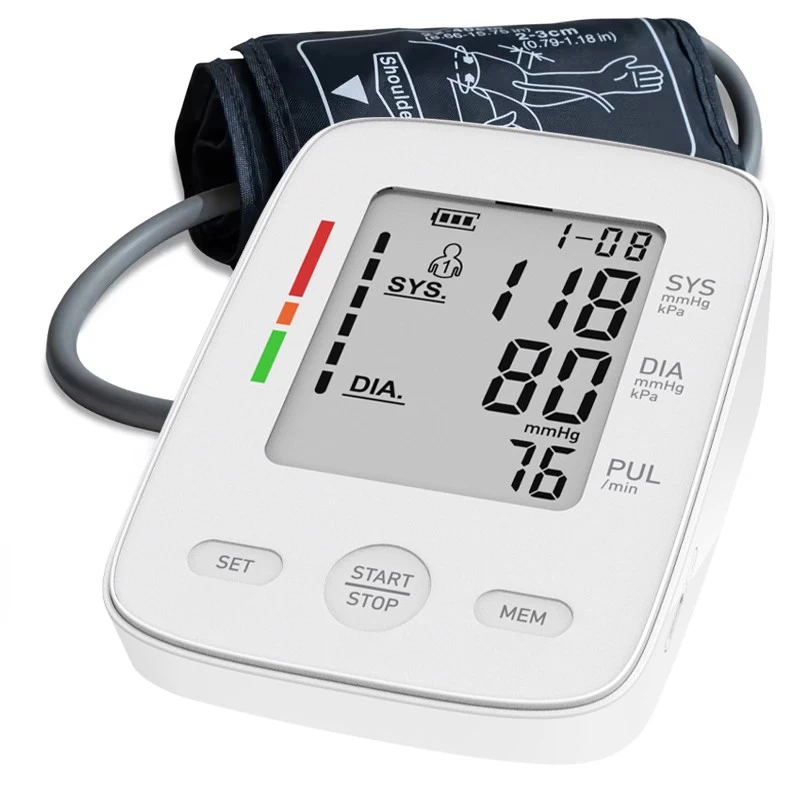Does High Blood Pressure Cause Dizziness
High Blood Pressure and Dizziness: Causes, Symptoms, and Management
High blood pressure (hypertension) is a common health condition affecting millions worldwide. While it often presents with no obvious symptoms, dizziness is sometimes reported by individuals with elevated blood pressure. This article explores the relationship between high blood pressure and dizziness, including its causes, sensations, diagnostic clues, differences from vertigo, and actionable steps to manage it.
Table of Contents
1.Why does high blood pressure cause dizziness?
2.What does high blood pressure dizziness feel like?
3.How do you know if dizziness is due to high blood pressure?
4.What are the differences between vertigo and high blood pressure?
5.What should you do if you feel dizzy with high blood pressure?
6.Conclusion
7.FAQ’S

Why Does High Blood Pressure Cause Dizziness?
High blood pressure can lead to dizziness through several mechanisms:
1.Reduced Blood Flow to the Brain
Chronically elevated blood pressure damages blood vessels, causing them to narrow or harden (atherosclerosis). This reduces blood flow to the brain, especially during sudden blood pressure spikes, leading to temporary oxygen deprivation and dizziness.
2.Hypertensive Crisis
Extremely high blood pressure (≥180/120 mmHg) overwhelms the body’s ability to regulate circulation. This may trigger dizziness, confusion, or even stroke due to acute vascular stress.
3.Medication Side Effects
Antihypertensive drugs like beta-blockers or diuretics can cause dizziness as a side effect, particularly if blood pressure drops too rapidly.
4.Organ Damage
Long-term hypertension can impair kidney function or heart health, indirectly contributing to dizziness through fluid imbalance or arrhythmias.
What Does High Blood Pressure Dizziness Feel Like?
Dizziness from hypertension is often described as:
1.A sensation of lightheadedness or "floating"
2.Feeling unsteady or off-balance
3.Brief episodes of disorientation
4.A heavy-headed or "full" feeling in the head
Unlike vertigo (a spinning sensation), hypertension-related dizziness rarely involves room movement. It may worsen during physical exertion, stress, or sudden posture changes.
How to Know If Dizziness Is Due to High Blood Pressure
1.Check Blood Pressure During Symptoms
Use a home monitor to measure blood pressure when dizziness occurs. Readings consistently above 140/90 mmHg suggest a potential link.
2.Look for Accompanying Symptoms
Hypertension-related dizziness often coexists with:
1.Headaches (especially at the back of the head)
2.Blurred vision
3.Shortness of breath
4.Chest pain
3.Rule Out Other Causes
Conditions like dehydration, inner ear disorders, anemia, or low blood sugar can mimic hypertension-induced dizziness. Track patterns: Does dizziness correlate with stress, salt intake, or skipped medications?
Differences Between Vertigo and High Blood Pressure Dizziness
|
Feature |
Vertigo |
Hypertension Dizziness |
|
Sensation |
Spinning environment |
Lightheadedness, imbalance |
|
Triggers |
Head movements, ear issues |
Stress, exertion, BP spikes |
|
Duration |
Seconds to hours |
Minutes to hours |
|
Associated Signs |
Nystagmus (eye jerking), hearing loss |
Headache, chest pain, vision changes |
|
Common Causes |
BPPV, Meniere’s disease, labyrinthitis |
Uncontrolled hypertension, medication effects |
What to Do If You Feel Dizzy with High Blood Pressure
1.Immediate Actions
Sit or lie down to prevent falls.
Measure blood pressure.
If BP ≥180/120 mmHg and symptoms like chest pain or confusion occur, seek emergency care.
2.Short-Term Management
Stay hydrated (dehydration exacerbates BP fluctuations).
Avoid sudden movements.
Practice deep breathing to reduce stress-induced spikes.
3.Long-Term Strategies
Monitor BP regularly.
Adjust antihypertensive medications under medical supervision.
Adopt a low-sodium diet, exercise, and stress-reduction techniques.
4.When to See a Doctor
Frequent dizziness despite controlled BP.
Dizziness accompanied by chest pain, slurred speech, or numbness (stroke signs).
Suspected medication side effects.
Conclusion
While not all dizziness stems from hypertension, uncontrolled high blood pressure can disrupt cerebral blood flow and cause lightheadedness. Distinguishing it from vertigo requires attention to triggers, sensations, and associated symptoms. Regular monitoring, lifestyle modifications, and timely medical intervention are key to managing both blood pressure and dizziness. Never ignore sudden or severe dizziness with extremely high BP—it could signal a hypertensive emergency requiring urgent care.
However, The Finicare Medical FC-BP120 upper arm digital blood pressure monitor is an ideal choice for those experiencing dizziness from high blood pressure. Its long-lasting battery ensures reliable monitoring when needed most, and with only two calibrations a year, it’s easy to maintain. Choose Finicare Medical FC-BP120 for accurate, consistent blood pressure readings.
Related article: https://www.medicaldevicessuppliers.com/product/Factory-Price-Digital-Arm-Type-BP-Machine-CE-Approved-Voice-Blood-Pressure-Monitor.html
FAQs
Q1: Can high blood pressure cause dizziness every day?
A: Persistent dizziness is uncommon in well-controlled hypertension. Daily episodes may indicate medication issues, secondary hypertension, or unrelated conditions like anxiety.
Q2: Does lowering blood pressure stop dizziness?
A: Yes, if hypertension is the cause. However, overly aggressive lowering (e.g., from excessive medication) can also induce dizziness.
Q3: Can eye problems from high blood pressure cause dizziness?
A: Yes. Hypertensive retinopathy (damaged retinal vessels) may cause visual disturbances that contribute to disorientation.
Q4: Is dizziness a sign of low or high blood pressure?
A: Both! Sudden drops (orthostatic hypotension) or extreme rises in BP can cause dizziness. Measurement during symptoms is crucial.
Q5: Can exercise-induced dizziness be related to hypertension?
A: Possibly. Strenuous activity may spike BP in unfit individuals, but dizziness during exercise often relates to dehydration or cardiac issues. Consult a doctor.
Q6: Are there home remedies for hypertension-related dizziness?
A: Staying hydrated, reducing salt, and stress management help, but always prioritize medical treatment for underlying hypertension.
By understanding the nuances of high blood pressure and dizziness, individuals can take proactive steps to safeguard their health and seek appropriate care when needed.

